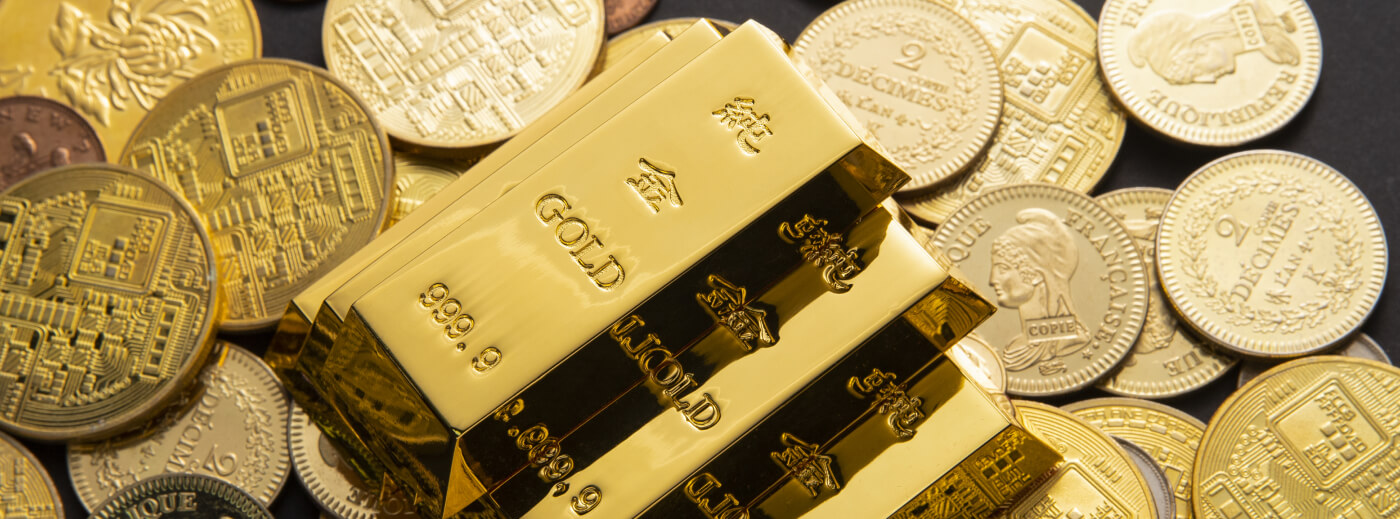Gold And its Significance in Different Cultures

5min read

Many times, we purchase gold as an investment, examining its potential returns, staying updated on gold-related news, and frequently monitoring its price fluctuations. During financial difficulties, we may resort to selling our gold to obtain immediate cash and alleviate our financial woes. Yet, beyond these practical considerations, have you ever pondered the profound importance of gold in diverse cultures? How was it utilized in the past, and what special meanings did people attribute to this precious metal? Perhaps you possess some knowledge of gold’s importance in India, but have you ever been captivated by its cultural significance on a global scale? In this blog, we will delve into the interesting significance of gold in various cultures. Let’s delve into it:
Egypt:
- Gold held great significance for the ancient Egyptians, as it was revered as the flesh of the sun god, Ra.
- The Pharaohs and Egyptian queens possessed vast reserves of gold, considering it a symbol of eternal life.
Greece and Rome:
- The use of gold as currency originated in ancient Greece, with the Croeseids being the oldest known coin. Early gold coins were irregular in shape and stamped on only one side.
- This monetary tradition was later refined in Rome, where the significance of gold expanded beyond jewellery to encompass the creation of pots, ornaments, and more.
Middle East:
- In Arab culture, gold symbolizes luxury, status, and wealth. It is often worn by affluent and influential individuals associated with royalty.
- Gold jewellery is frequently given as a gift to express respect and admiration and is commonly worn during special occasions such as weddings and holidays.
India:
- The tradition of gifting gold in India traces back thousands of years and remains deeply ingrained in the country’s culture and customs. Gold is considered a sacred metal associated with the goddess of wealth, Lakshmi. It is believed to possess spiritual powers and is frequently used in religious ceremonies and rituals.
- Indian brides, during their weddings, adorn themselves with at least 16 pieces of jewellery, with bangles standing as a significant part of the ensemble.
Africa:
- Many African cultures utilized gold on a grand scale. It was often employed to create elaborate objects used to enhance the courts of chiefs and officers, primarily for ceremonial purposes.
China:
- In ancient China, gold and jade jewellery was associated with good luck and held immense importance in traditional wedding ceremonies.
- As early as 1100 BC, gold adorned gold and bronze objects in various jewels, maintaining its usage throughout different royal dynasties.
Ireland:
- Centuries ago, the Irish would offer gold as a tribute to the Celtic gods by throwing it into bogs and lakes.
- This act exemplifies the practice of offering valuable materials as tribute, a common tradition found in many belief systems.
Conclusion:
In summary, the significance of gold in different cultures is multifaceted and profound. Its material properties, symbolic meanings, and economic value make it a metal of great importance and influence. As long as human civilization exists, the importance of gold will remain an integral part of our cultural heritage, cherished for its beauty, symbolism, and enduring appeal.
Gold jewellery also stands out for its remarkable longevity when compared to other types of jewellery. Its enduring nature is attributed to its exceptional resistance to various elements, including oxidation, corrosion, and acids. In fact, gold remains untarnished even in direct contact with seawater or freshwater, making it a symbol of endurance and resilience.
The unique property of gold is that its appearance can only be altered by melting it down, highlighting its timeless charm. In essence, gold jewellery isn’t just a fashion choice; it’s a timeless investment!







